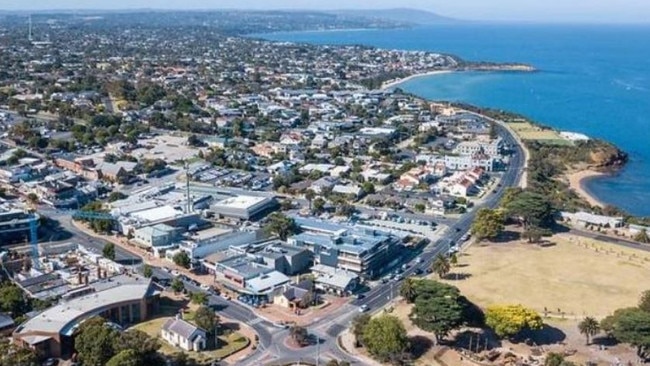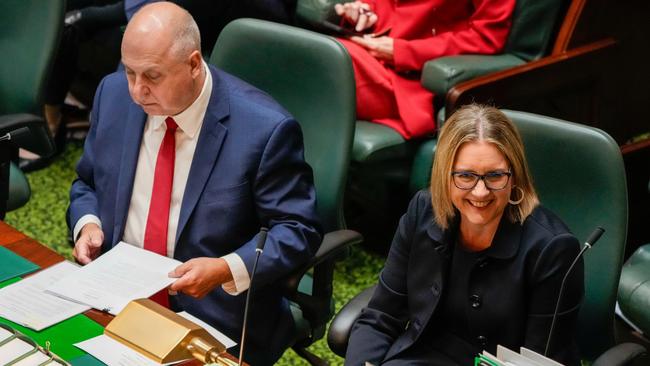Victoria to bring in Airbnb tax and council powers to ban short-stay lodgings
The government has been slammed over its proposed bill, with business groups arguing it will put the tourism industry in a ‘terribly exposed position’.

Victorian Airbnb properties will be a hit with a new tax and local councils and owners’ corporations will be empowered to limit or ban short-stay accommodation under proposed legislation.
Short-stay accommodation bookings will be subject to a 7.5 per cent levy from January 1 under the Allan Labor government’s short-stay levy bill.
Homeowners leasing out their primary residence for short stays, hotels, motels and caravan parks will be exempt.
Treasurer Tim Pallas said the revenue from the levy would generate $60m a year, which will be funnelled to Homes Victoria to build more social and affordable housing, with 25 per cent promised to regional Victoria.
The levy will not apply to bookings made before next January and will be attached only to stays of less than 28 days.
“It’s not like the pricing mechanism is going to be destructible to the industry, but it is important that we recognise and that we give a signal to the market that our priority to get people into homes and long-term secure rental accommodation is important,” Mr Pallas said.
Local councils will be able to regulate short-stay accommodation, including through implementing night caps and will be given the ability to apply to the government to ban Airbnbs.
Owner corporations may also ban short stays in their developments if approved by 75 per cent of owners.
Mr Pallas said owners who had property on short-stay accommodation platforms could still face additional council charges.
Greens MP Gabrielle de Vietri said her party had secured important changes to the bill.
The Treasurer said there were 63,000 short-stay accommodation places in Victoria that were not available as long-term rentals.

“In the middle of the housing crisis it’s not right that there are 48,000 entire homes on Airbnb. This pushes up property prices, it locks first-home buyers out of the market, and it takes homes away from renters,” she said. “This is going to crack down on property investors hoarding homes for profit.”
Airbnb Australia and New Zealand head of public policy Michael Crosby said the company had long advocated for a small levy to be paid by the guest that would go towards affordable housing, but the tax was too high.
“However, 7.5 per cent is too high and will jeopardise the ability for Victoria to attract tourists to areas lacking traditional accommodation, and penalise families looking to travel as cost-of-living pressures continue to bite,” he said. “There is no evidence of caps or bans working – you only need to look to New York where we have seen short-term rentals effectively banned without any improvement in rental availability or affordability while the cost of hotels have soared.”
Mr Crosby suggested that the Victorian government should manage the sector rather than handing over power to the 79 local government areas.
“Airbnb supports the introduction of statewide frameworks rather than a council-by-council approach,” he said.
“This will undermine the economic benefits that flow from short-term rentals, with Airbnb contributing billions to the Victorian economy and helping support tens of thousands of jobs.”
Victoria Tourism Industry Council chief executive Felicia Mariani hit out at the government and claimed there was a lack of consultation. “There’s only three months now to figure out how this tax is going to work in practice and the government is relying on the short-stay systems to make changes in their systems they don’t have capacity for,” Ms Mariani said.
Victorian Chamber of Commerce and Industry boss Paul Guerra said the levy will make the state less attractive to visitors and will put businesses that rely on tourism at a “distinct disadvantage”.






To join the conversation, please log in. Don't have an account? Register
Join the conversation, you are commenting as Logout